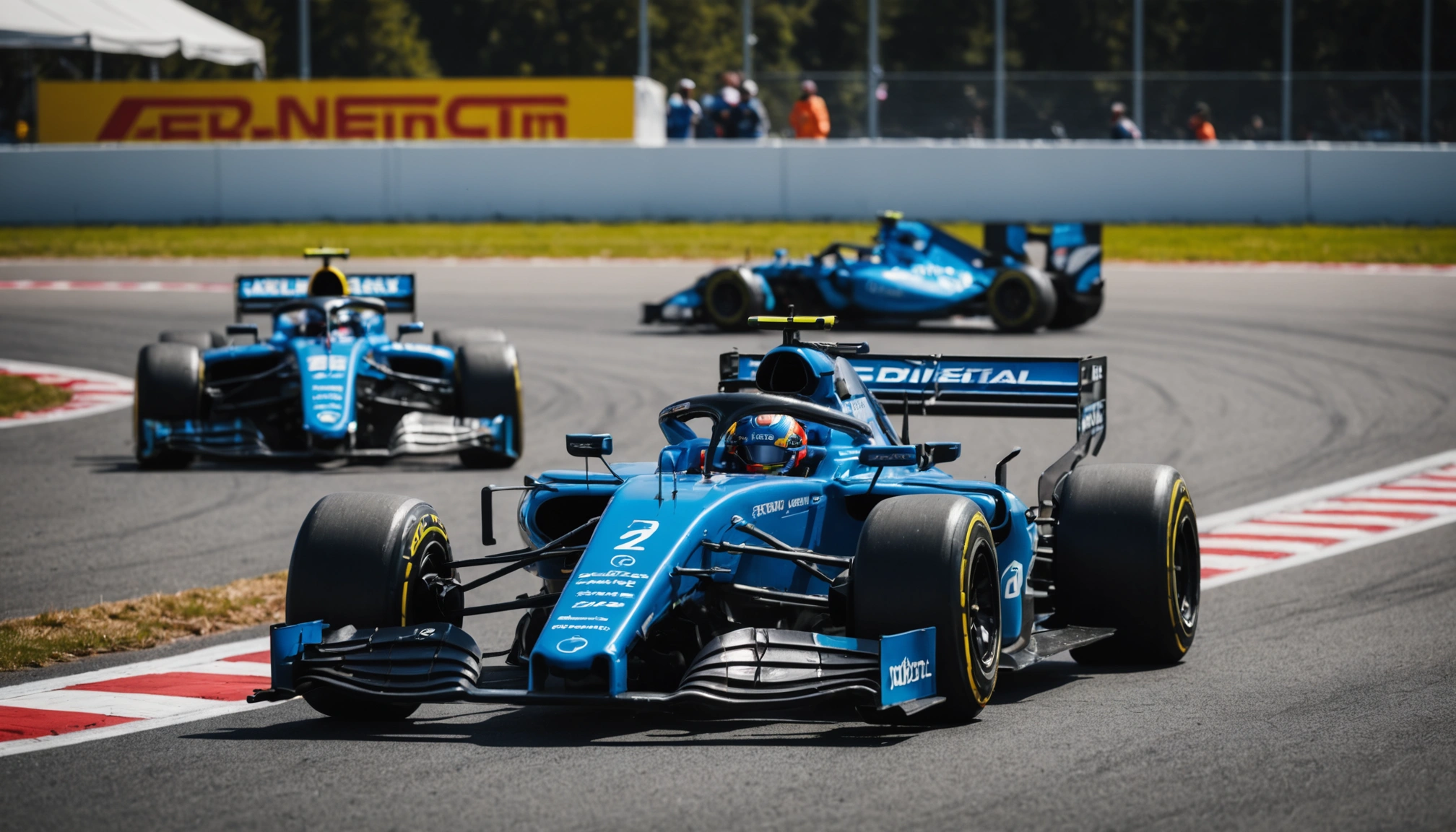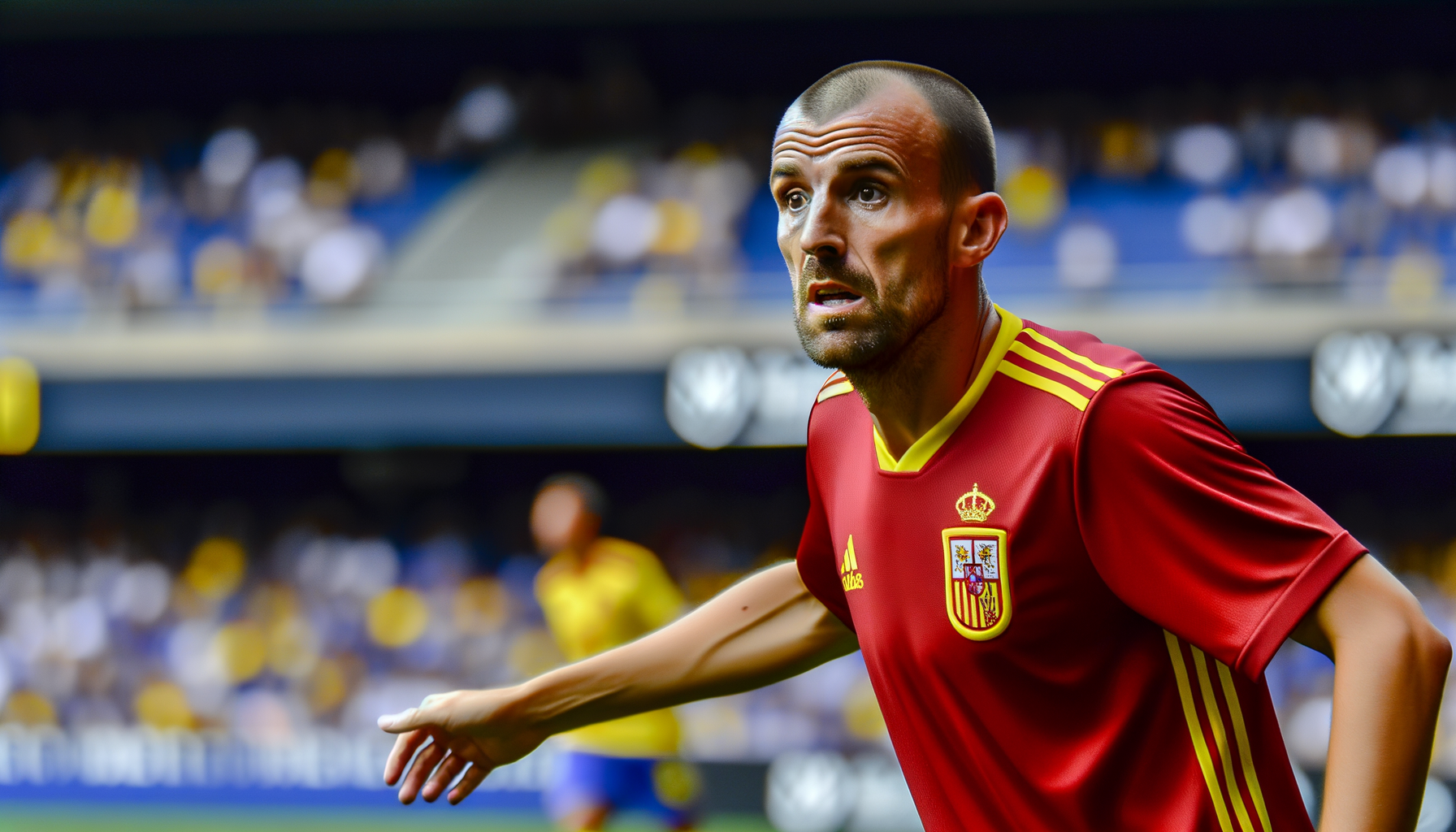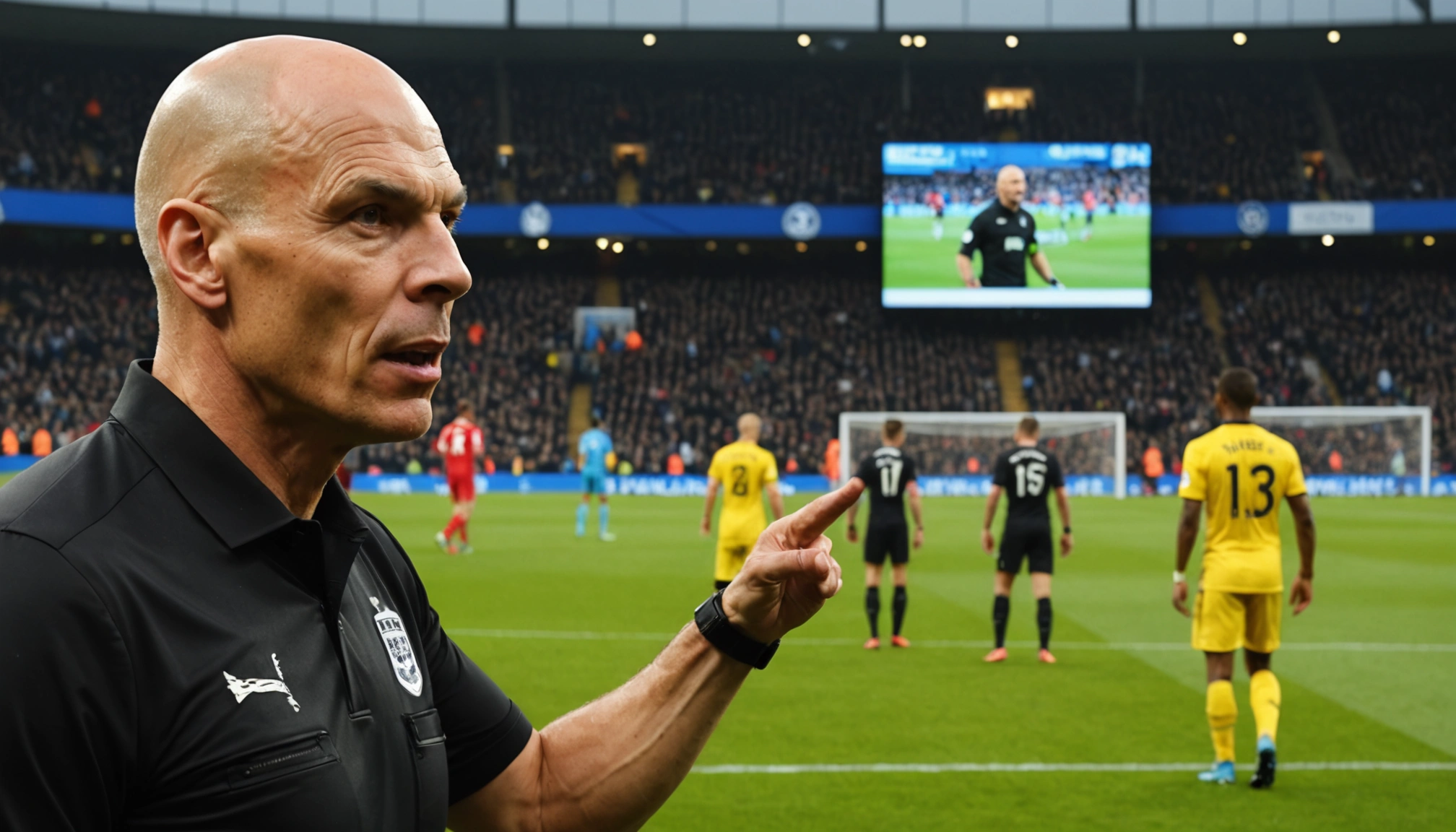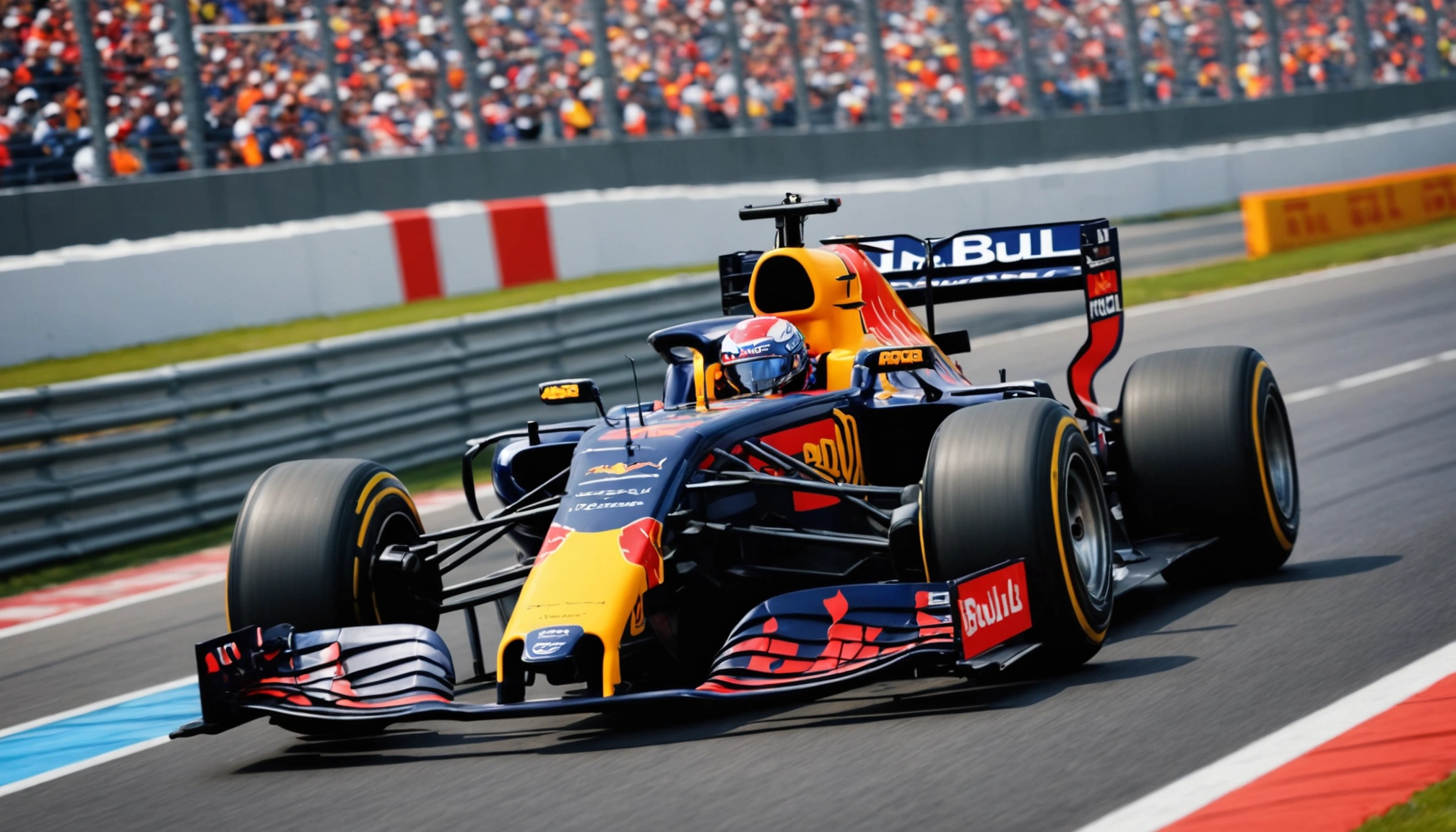Alpine's Options For Its Second Seat In F1 2026
Explore Alpine's potential candidates for their 2026 F1 second seat, analysing key drivers and strategic choices shaping the future of this competitive team.

By Editorial
Introduction To Alpine's 2026 F1 Second Seat Challenge
As the 2026 Formula 1 season approaches, Alpine faces a critical decision regarding its driver lineup. With one seat already secured, the team must carefully evaluate its options for the second seat to maintain and enhance its competitive position in the sport. This article delves into Alpine's possible choices, examining the drivers' profiles, team strategy, and the broader implications for F1 fans and the team’s future.
Current Alpine Driver Situation
Alpine's current driver lineup includes Esteban Ocon, who has demonstrated consistent performance and resilience. The second seat, however, remains open for 2026, sparking rumours and speculation about possible candidates. This decision is crucial as it impacts the team's championship aspirations and sponsorship appeal.
Potential Candidates For The Second Seat
Experienced F1 Drivers Seeking New Opportunities
One realistic option for Alpine is recruiting experienced drivers currently out of a seat or nearing contract ends elsewhere. Drivers like Nico Hülkenberg, who brings vast experience and adaptability, could offer stability. Their familiarity with F1 car development and race strategies can help Alpine accelerate its technical progress.
Rising Talents From Junior Categories
Alternatively, Alpine might opt to invest in promising young talents from Formula 2 or other feeder series. Drivers such as Oscar Piastri, who has already shown remarkable skill, represent a long-term vision. Integrating young drivers aligns with Alpine’s reputation for nurturing future stars while balancing fresh energy with established expertise.
Strategic Considerations Behind The Choice
Balancing Experience And Youth
Alpine’s management must weigh the benefits of experience against the potential of youth. Experienced drivers can provide immediate feedback and racecraft, whereas younger drivers may offer adaptability to new regulations and a longer horizon for development.
Financial And Sponsorship Implications
Driver selection also influences sponsorship deals and team funding. High-profile drivers can attract commercial partners, boosting Alpine’s budget for car development. This is critical in an era where financial resources are tightly regulated but remain a key competitive factor.
How Alpine’s Decision Fits Into The Broader F1 Landscape
Alpine’s choices reflect wider trends in Formula 1, where teams balance competitive ambition with sustainable growth. For example, while some top teams focus on established champions, mid-field teams like Alpine often blend experience with emerging talents to maximise value. This approach is akin to how Barcelona Women face squad challenges amid financial turmoil in football, balancing resources with competitive goals.
Case Studies: Successful Second Seat Selections In F1
Looking at recent history, teams such as McLaren and Haas have benefited from bold second seat choices. McLaren’s decision to invest in Lando Norris paid dividends, while Haas’s mix of experience and youth has fluctuated but provided valuable data for car development. Alpine can learn from these examples to craft a bespoke strategy.
Potential Impact On Alpine’s 2026 Performance
Choosing the right second driver could significantly influence Alpine’s results. A strong partnership with Ocon, characterised by constructive competition and teamwork, may elevate the entire team’s performance. This synergy is vital in tight championship battles where every point counts.
Conclusion: The Road Ahead For Alpine
As Alpine prepares for the 2026 season, their decision on the second seat will shape their competitive trajectory. Whether opting for seasoned experience or youthful promise, the team must align its choice with long-term ambitions and immediate needs. Fans and analysts alike will watch closely as this story unfolds, highlighting the dynamic nature of Formula 1 driver markets.
For more insights into sports dynamics and team strategies, read our detailed analysis on Crystal Palace 1 1 Luton Town late Woodrow header salvages point for Hatters to see how teams manage challenges under pressure.
Related topics
Editorial
Sports expert at SportsScoop
Specialist in sports analysis and journalism
Related articles
Want to read more?
Explore our comprehensive collection of sports articles and analysis, or contact us for more information.



